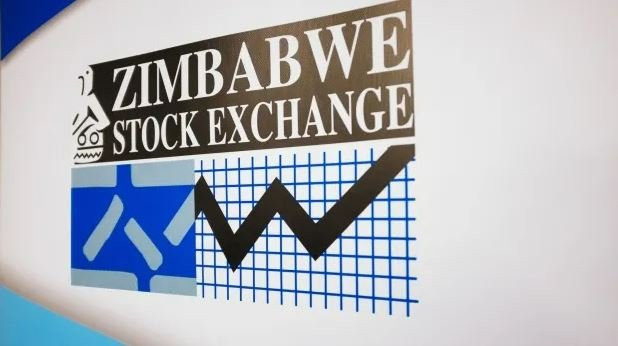
WHATSAPP is the most popular social media messaging platform in the world, with over two billion monthly active users.
This is such a vast client base and it is no surprise that WhatsApp has its fair share of scams to look out for. Here are the most popular WhatsApp scams targeting Zimbabweans in general:
WhatsApp verification code scam
In this scam, attackers attempt to deceive users into sharing their WhatsApp verification code. They often impersonate a friend or a known contact and claim to have mistakenly sent the code to the user's number.
The scammer then asks the user to share the code with them, which grants them access to the victim's WhatsApp account.
Winning prize scam
Scammers send messages claiming that the recipient has won a prize and request personal information or payment to claim the winnings. They may ask for bank account details, payment through mobile wallets, or request processing fees.
Airtime scam
- Accident, piracy affected my career: Zembe
- Kim Jayde revels in SA award nomination
- Building narratives: Chindiya empowers girls through sports
- Public relations: Which innovations are driving PR in 2022 and beyond?
Keep Reading
Beware of WhatsApp messages claiming free airtime. Please be advised that these messages are fake. They are sent to you so that they collect your information and can use that information to get your activation or verification code for your Facebook,twitter or any other social media apps. Impersonation or “the mom, dad and family” scam
The impersonation scam is one of the easiest deceits to perform. Scammers use social engineering to play on your feelings for your family. The scammers pretend to be a family member, typically the victim’s child. The “son or daughter” claims their phone is broken, lost or stolen and that they are messaging from a friend’s phone.
Due to the new device, they do not have access to any of the mobile banking apps and desperately need the funds to make an urgent payment.
Dating or romance scam
Dating swindlers are everywhere including on WhatsApp. So long as people look for love online, WhatsApp dating scams will try to capitalise on loneliness.
Crypto currency and investing scam
Crypto currency and investing scams are similar to impersonation and dating schemes, where scammers try to steal your hard-earned cash.
WhatsApp forwarding chain sms
These messages often contain false information or sensational claims, urging users to forward the message to a certain number of contacts or face consequences. While not necessarily a scam in the traditional sense, they contribute to the spread of misinformation.
WhatsApp investment scams
Scammers may approach users with promises of high returns on investments or schemes that require an upfront payment. They use various tactics to create an illusion of legitimacy. But ultimately, they aim to steal money from unsuspecting victims.
WhatsApp premium service scam
Attackers may send messages claiming that the user's WhatsApp subscription is expiring or that they need to pay to continue using the service. WhatsApp is a free app, and these messages are attempts to deceive users into providing payment details.
WhatsApp gold scam
WhatsApp gold is a fake membership or premium version that plays a central part in the WhatsApp Gold scam Scammers are opportunists and cast as wide a net as possible on the off-chance they catch someone.
By taking advantage of WhatsApp, they can reach out to more potential victims than they would on another platform.
Creating an account on WhatsApp is simple, so scammers can register and navigate multiple fraudulent accounts.
Thanks to WhatsApp Web, they can access the platform on their computers, making targeting victims and automating scams even easier.
Moreover, sharing various media files is possible on WhatsApp, enabling scammers to attach and distribute malware. When registering, WhatsApp doesnot require much personal data, so scammers can create anonymous accounts.
WhatsApp chats are also end-to-end encrypted, enabling fraudsters to conduct their illegitimate activity discreetly.
Remember, scammers constantly evolve their tactics, so it is important to stay vigilant and exercise caution when interacting with unknown individuals or suspicious messages on WhatsApp or any other platform.
If you encounter a potential scam, it is advisable to report it to WhatsApp and block the sender.
- Mutisi is the CEO of Hansole Investments(Pvt) Ltd. He is the current chairperson of Zimbabwe Information & Communication Technology, a division of Zimbabwe Institution of Engineers.










